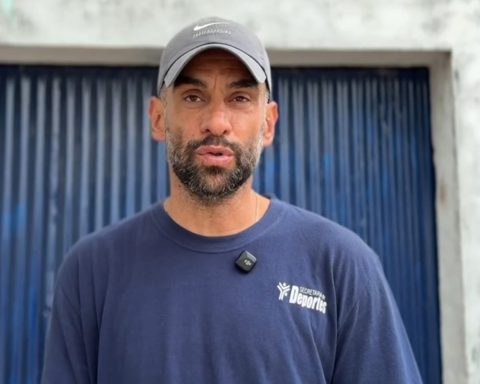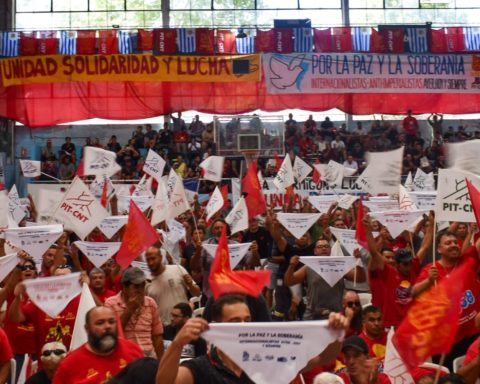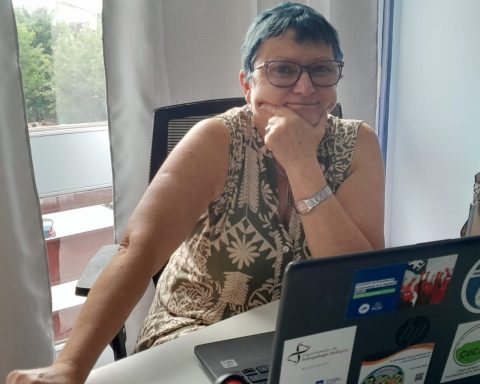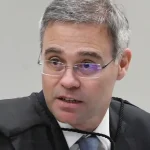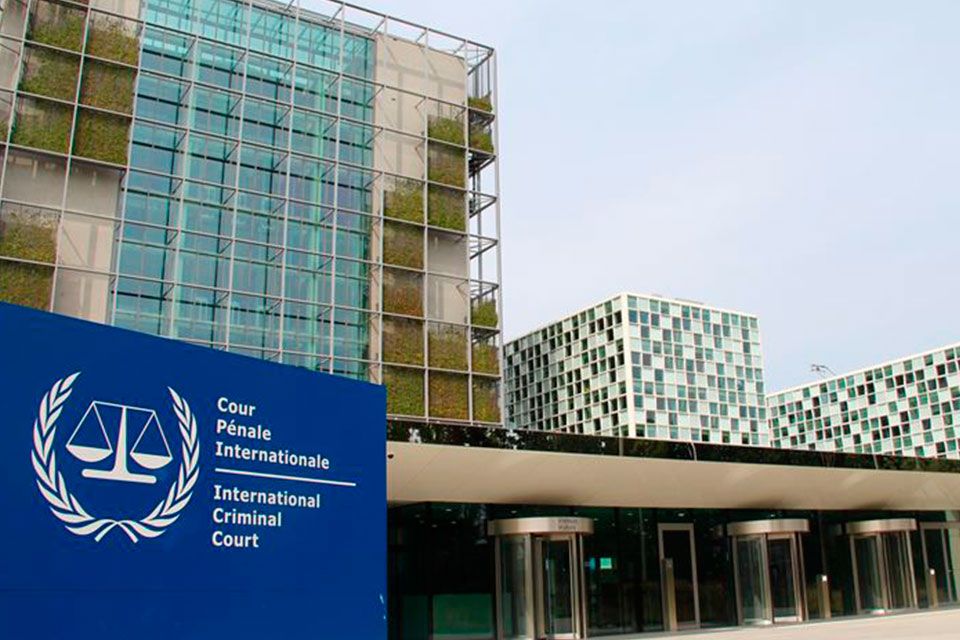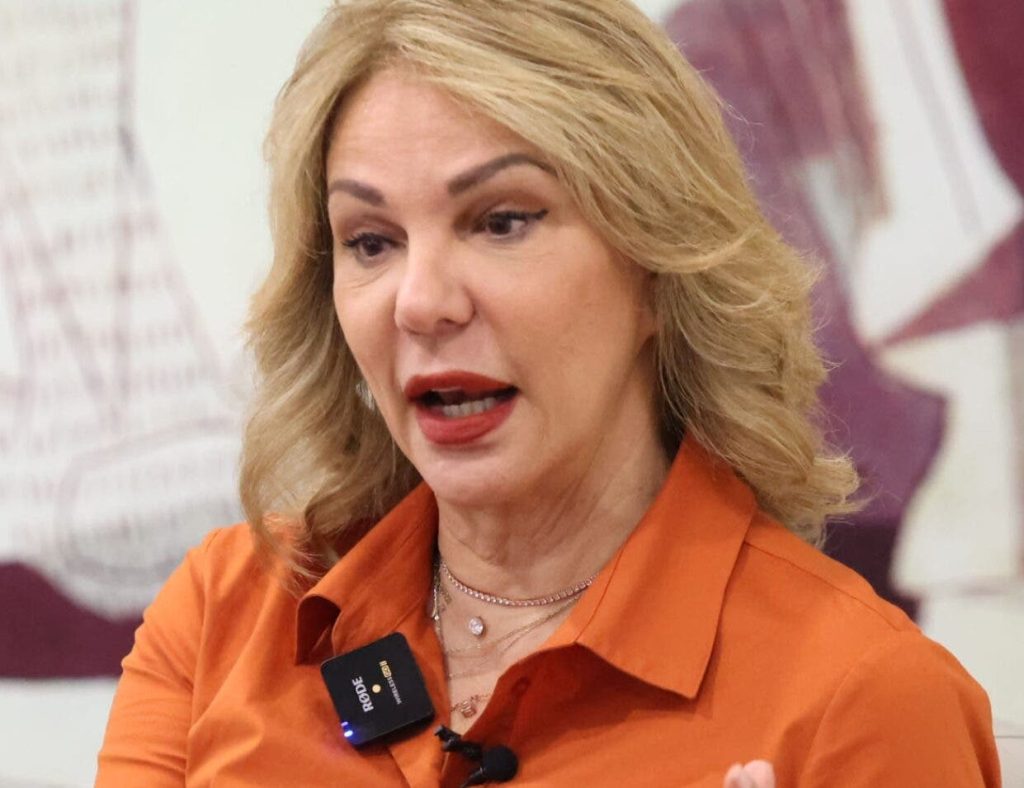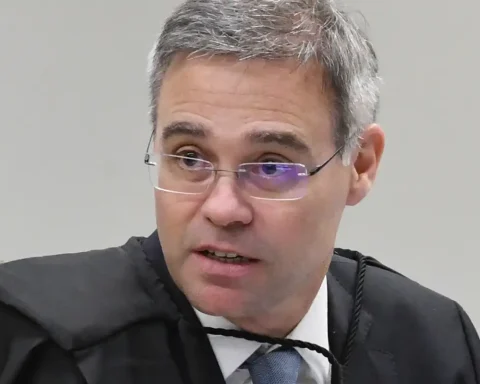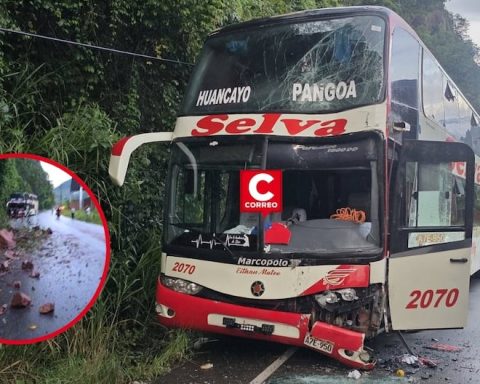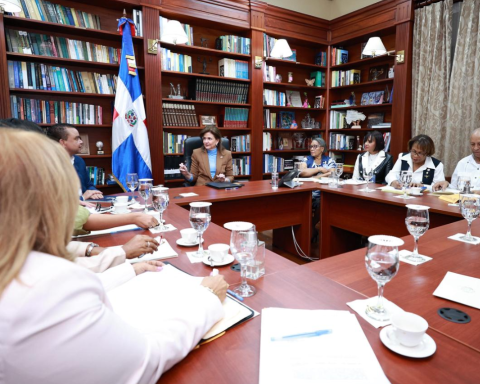
As the November 24th ballotthe attention of the Uruguayan political sphere is focused not only on the presidential candidates, but also on the internal dynamics of the Colorado Party (PC). One of the most relevant and debated issues currently is the next election of the general secretarya position that became vacant after the departure of Julio María Sanguinetti.
This position is key to the organization and strategic direction of the party, and is the subject of intense discussions between the different sectors that make it up because it defines not only which sector will be dominant, but also what the discourse will be. This is because the PC has sectors from ultra-conservatism to the slightly social democratic center.so the person who occupies the chair is truly transcendental.
Who should be the leader of the Colorado Party?
Deputy Felipe Schipani, from the Crece sector, has not hesitated to express his position in favor of Andres Ojedawho recently won the party’s internal race. Schipani argues that “the one who has legitimately been anointed as leader of the PC” is Ojeda, emphasizing that, due to his internal victory, “he has to occupy that position”.
This statement resonates in a context where most politicians are focused on the runoff, but are also aware of the need to maintain internal cohesion in their parties. The PC, in particular, struggles not to lose its essence in the unavoidable shadow of the National Partya force once in opposition, but now a close friend in the end common to defeat the Frente Amplio.
The election of the new secretary general will not be a simple process. Through a secret vote, the 500 national conventional elected internally must elect a new National Executive Committee (CEN)which will be composed of 17 members. This team will be in charge of electing the general secretary, who must come from among them.
According to Schipani, his sector has decided to propose Ojeda for this position, arguing that his legitimacy It is supported by his performance in the recent internal election, where he became the party’s only candidate, achieving the best red vote so far in the 21st century.
The tug-of-war between Ojeda and Bordaberry
The internal coalition called Unite to Growwhich brings together the Ojeda sector, the group of deputy and new senator Gustavo Zubía, and Crece, is optimistic about the possibility of reaching a majority in the convention to support Ojeda’s candidacy. Schipani has expressed that “the numbers are clear,” emphasizing that, in the previous elections, his sublemma managed to add 240,000 votes, surpassing the 150,000 obtained by the Pedro Bordaberry. This difference of 90,000 votes is interpreted as an indication of the support that Ojeda’s candidacy has.
However, the Bordaberry sector is far from agreeing with Ojeda’s proposal. The deputy Walter Cervini He has stated that his group is focused on the runoff and not on the dispute for the general secretary. According to him, the election of this position is “key” and must be approached with caution after the runoff, pointing out that the division of the conventional parties in his sector will be an important factor in the discussion. Cervini and other Bordaberry leaders have expressed that Ojeda’s election could generate internal tensions within the party, given that other candidates who competed internally, such as Tabaré Viera and Gabriel Gurméndez, belong to their sector.
A representative of Bordaberry’s group has criticized Ojeda’s lack of effort to unite the various sectors within the party during the campaignsuggesting that their focus has been too focused on their own list. This criticism is based on the perception that Ojeda did not promote adequate coordination between the different factions, which is seen as unusual behavior in these internal processes.
Meanwhile, the topic of future cabinet appointments is beginning to emerge in political discussions. The senator-elect Pedro Bordaberry He has mentioned his desire for the Colorado Party to have “more weight” in the Ministry of the Interior, although he clarifies that this does not directly imply that the party takes control of this State Secretariat. Bordaberry has argued that his sector has a solid team on security issues and that Ojeda’s experience as a criminal lawyer makes him a valuable candidate for potential ministerial positions. However, he has also indicated that now is not the time to make specific proposals, citing the importance of focusing on winning the runoff.
The current Minister of the Interior, Nicolás Martinelli, has expressed his willingness to continue in his position for another year, emphasizing the need to approve the budget and leave the ministry on a positive course. Despite his interest in continuing, Martinelli has indicated that the position is “too exhausting” and that his workload has a significant impact on his personal and family life. In his efforts to modernize the portfolio, Martinelli has built a strong professional relationship with Diego Sanjurjo, security strategy coordinator, highlighting the importance of




